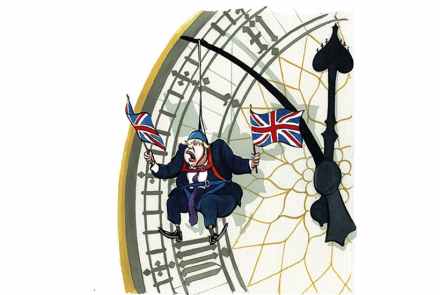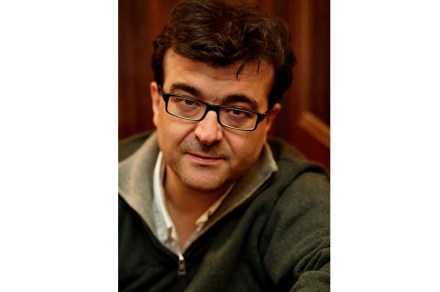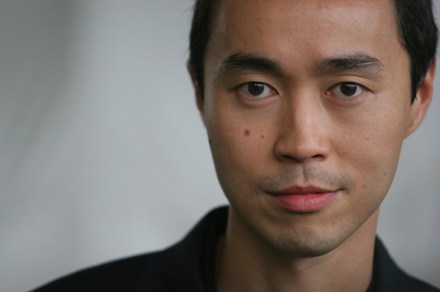The Spectator Podcast: is Boris the man?
Cometh the hour, cometh the man. Is that man Boris? And if it is, what still stands in his way? In this week’s cover article, James Forsyth writes that Boris is the only one who can save the Tories from Jeremy Corbyn and, more pressingly, Nigel Farage (he’s backed up by the latest polling from Friday). But the biggest thing standing in his way is himself. In the aftermath of the 2016 referendum, Boris Johnson found himself unorganised, undisciplined, and crushed by public opinion, unable to recover from the vitriol that went his way following the Leave result, and panicked by Michael Gove’s last minute backstabbing. But the 2019 Boris





















